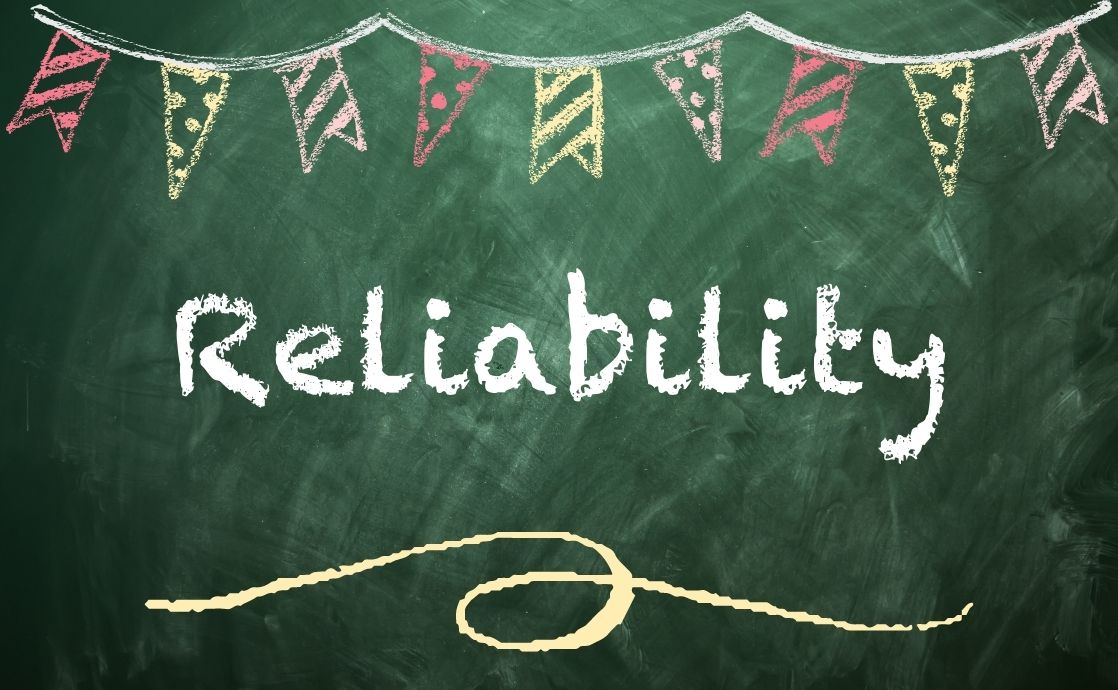In the multivalent philosophy of the Bahá’í Faith, the concept of virtues is cardinal in facilitating personal transformation and societal progress. The essence of becoming a reliable human encapsulates a myriad of virtues that, when cultivated, significantly enhance interpersonal relationships, community cohesion, and individual integrity. This exploration aims to delve into the pivotal Bahá’í teachings concerning virtues, elucidating their application in the quest for human reliability.
To commence, one must recognize that virtues are not mere abstract notions; they are practical qualities integral to the fabric of human character. In the Bahá’í teachings, virtues such as honesty, trustworthiness, compassion, and humility stand out as foundational attributes. These virtues constitute the bedrock upon which reliable human interactions can be built, serving as both a personal compass and a collective guide.
Honesty, the first virtue to consider, is lauded as an indispensable quality in all dealings. In a world often rife with deception and superficiality, the Bahá’í perspective emphasizes the importance of transparent communications that foster trust. An honest individual inspires confidence and establishes a relational paradigm wherein reliability flourishes. Furthermore, it engenders an environment conducive to open dialogue, critical for resolving conflicts and nurturing collaborative endeavors.
Compassion, another quintessential virtue, engenders a profound sense of empathy towards others. The Bahá’í teachings advocate for the recognition of the inherent dignity of every individual, which ideally catalyzes humanitarian actions. As one cultivates compassion, they become attuned to the needs of their community, thereby enhancing their reliability as a supportive and nurturing presence. In practicing compassion, one learns to transcend personal biases, resulting in a more inclusive and cohesive society.
Trustworthiness is not merely an ancillary quality, but rather the essence of reliability itself. A trustworthy individual upholds their commitments, acts with integrity, and remains steadfast in their principles. This virtue extends beyond personal relationships; in professional contexts, for example, trustworthiness is paramount in fostering collaborative success. Through unwavering dependability, individuals inspire loyalty and coherence among peers, which in turn enhances collaborative productivity.
Humility, frequently underappreciated in contemporary discourses, is revered within Bahá’í teachings as a vital component of a reliable human character. By embracing humility, one acknowledges their own limitations and the contributions of others. This open-mindedness invites diverse perspectives, enriching decision-making processes and collaborative ventures. In this light, humility enables individuals to learn from their experiences, facilitating continuous personal growth.
Moreover, understanding the interplay of virtues can create a virtuous cycle. For instance, the practice of honesty fosters trust, encouraging individuals to be more compassionate and ultimately leading to greater reliability. Each virtue enhances the others, forming an intricate web of ethical interconnectivity. The Bahá’í teachings advocate for an integrated approach to personal development, urging followers to reflect on their character and make conscious efforts to embody these virtues consistently.
Transitioning from individual attributes to communal implications, the collective embodiment of virtues plays a crucial role in societal development. When individuals collectively espouse virtues, they cultivate an environment of reliability that is essential for social advancement. This communal ethos fosters solidarity and cooperation, essential for addressing contemporary challenges such as social injustice, economic disparity, and environmental degradation. It is through the unwavering commitment to virtuous living that societies can engender transformative change.
To further explore the notion of reliability within the context of Bahá’í teachings, representatives frequently emphasize the importance of education in nurturing virtue. Through educational initiatives, individuals are equipped with the tools to assess their moral compass and to cultivate virtuous habits. This process encompasses not only formal education but also moral and ethical development, which is pivotal in shaping reliable and responsible citizens.
Additionally, the practice of self-reflection, a recurrent theme in Bahá’í teachings, is paramount in the journey towards reliability. Engaging in regular introspection allows individuals to identify areas for improvement and encourages adherence to virtuous principles. This reflective practice engenders greater self-awareness, enabling individuals to align their actions with their values, thereby enhancing their reliability.
In the contemporary world, marked by rapid change and uncertainty, the call for reliable humans becomes increasingly critical. The cultivation of virtues is not simply an individual endeavor but a communal responsibility. As Bahá’ís aim to contribute to the betterment of society, the embodiment of these virtues becomes paramount to fostering a culture of reliability, understanding, and interconnectedness.
In conclusion, the Bahá’í teachings elucidate a comprehensive framework for becoming a reliable human, underscored by virtues such as honesty, compassion, trustworthiness, and humility. This exploration of virtues transcends mere theoretical understanding, advocating for actionable practices that individuals and communities can adopt. By integrating these values into daily life, one contributes not only to their own growth but also to the broader aspiration of creating a more harmonious and reliable society. Ultimately, the journey towards reliability is a transformative experience — one that nurtures the soul and advances humanity’s collective well-being.
